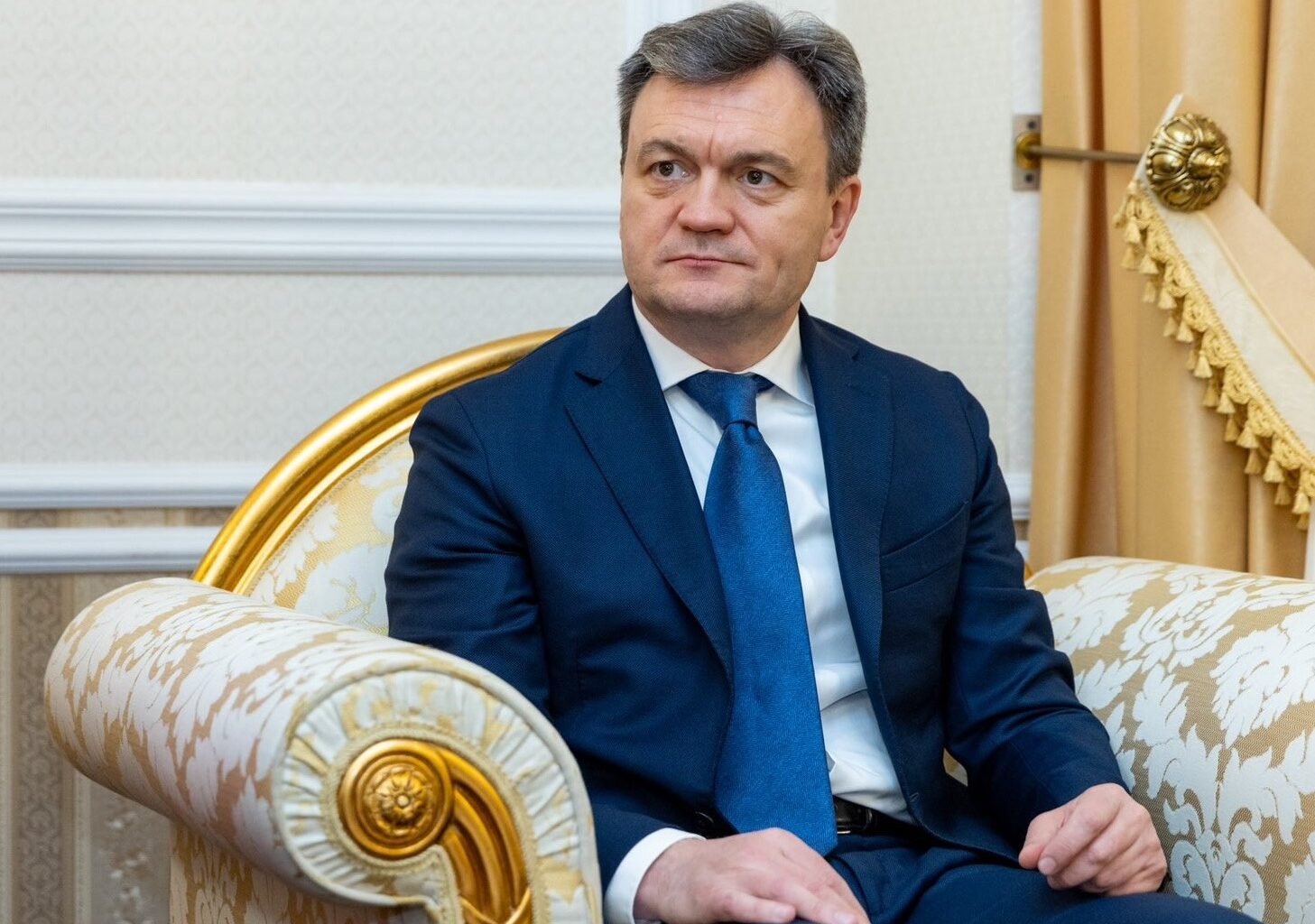Recean said the alleged interference represented nearly 1% of Moldova’s gross domestic product, underscoring what he described as a “mass vote-buying campaign” aimed at destabilising the country’s democratic processes.
“The Kremlin’s agents launched a mass vote-buying campaign, spending about €200 million – almost 1% of Moldova’s GDP – in order to destabilise our country,” Recean told reporters during a press briefing in Chisinau, following a meeting with German Foreign Minister Annalena Baerbock.
The statement coincided with the announcement of fresh sanctions by the United Kingdom targeting Evrazia, a non-governmental organisation which British authorities describe as pro-Russian and central to attempts to manipulate Moldova’s referendum. The UK’s Foreign, Commonwealth and Development Office alleged that the Evrazia network was being run by fugitive Moldovan businessman Ilan Shor, who is believed to reside in exile and is already subject to various international sanctions.
Moldovan law enforcement agencies claim that Shor and his associates orchestrated the vote-buying operations with the financial and logistical backing of Russian intelligence networks. Shor, who has previously been convicted in Moldova in connection with a $1 billion banking fraud scandal, denies any wrongdoing in this case.
Moscow has consistently rejected allegations of interference in Moldova’s internal affairs, accusing the current pro-European administration in Chisinau of spreading disinformation and pursuing anti-Russian policies. The Kremlin has not yet responded to the latest accusations.
Moldova, a country of 2.6 million people situated between Romania and Ukraine, has in recent years sought to distance itself from Russian influence. The government under President Maia Sandu has pursued closer integration with the European Union, culminating in the decision to hold a national referendum in 2024 on EU membership. The result of the referendum, which passed with a narrow margin, is being cited by the current administration as a mandate to continue accession talks with Brussels, aiming for full membership by 2030.
Recean’s comments mark the latest in a series of warnings from Chisinau about alleged hybrid threats posed by Russia, including cyber attacks, disinformation campaigns, and support for political movements hostile to European integration.
The allegations follow a pattern seen in other Eastern European states, where governments have accused Moscow of attempting to maintain strategic influence through covert political funding, propaganda networks, and illicit financial flows. Moldova’s Intelligence and Security Service (SIS) has previously detailed attempts by foreign actors to infiltrate domestic media and civil society groups.
The UK’s decision to sanction Evrazia adds a layer of international response to Moldova’s concerns. “Today’s sanctions target a Kremlin-backed network seeking to undermine Moldovan democracy,” a spokesperson for the UK foreign office said. The sanctions include asset freezes and travel bans on individuals linked to the network.
Evrazia has not issued a public response. Its operations, which claim to promote Eurasian cultural and political integration, have been criticised by Western governments for acting as conduits for Russian soft power and influence operations in post-Soviet states.
The 2024 Moldovan presidential election and referendum were widely viewed as pivotal moments in the country’s post-Soviet trajectory. With President Sandu securing re-election and the referendum producing a pro-EU outcome, the government sees its political direction as affirmed, but vulnerable to further disruption ahead of the upcoming parliamentary elections scheduled for autumn 2025.
The elections are expected to serve as a litmus test for the government’s European agenda and its efforts to address internal corruption, economic challenges, and external threats.
Despite persistent geopolitical tensions, Moldova continues to receive political and technical support from the European Union, including financial assistance packages and capacity-building measures aimed at strengthening democratic institutions and the rule of law.
Read also:
Gagauzia’s Bashkan Arrested in Moldova Amid Allegations of Kremlin-Backed Electoral Manipulation
Post Views: 616
